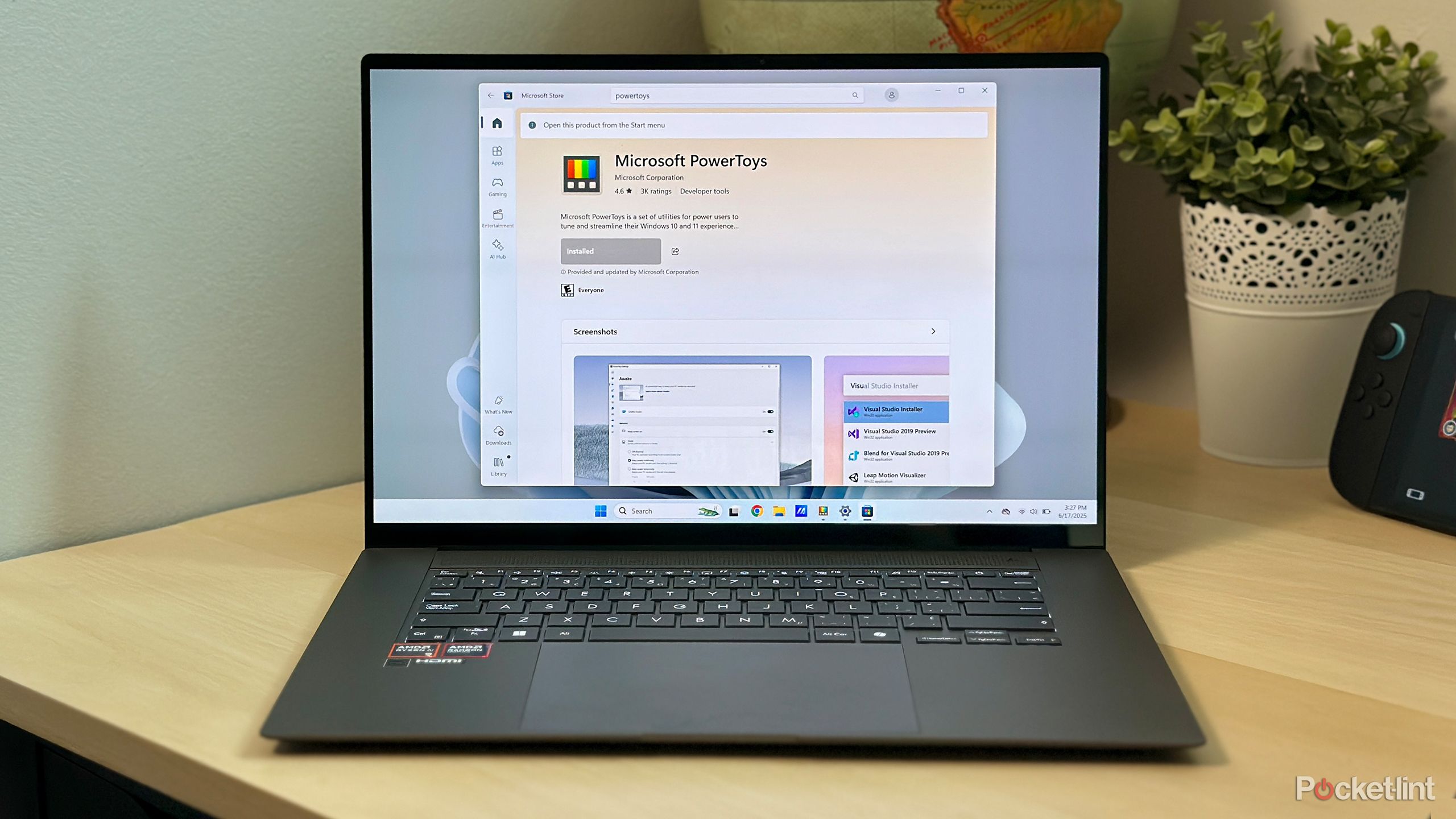What are cookies and why every internet user should know about it
Google and Facebook have been fined heavily by a French govt agency for the irregular use of ‘Cookies’. Wondering what harm could an innocent cookie do? Well, the one in your kitchen won’t do much, apart from adding to your calorie intake. The second kind is what we are worried about: internet cookies.
Cookies are like a website’s memory. Remove it, and the website you visit on your browser will no longer remember you. It won’t offer any kind of special treatment either.
Cookies are text files with tiny amounts of data about you. This data is used to identify your computer as you. It essentially provides character to your online identity. For instance, a cookie will tell a website that you were looking to buy a phone from previous searches. It will also give hints about the price range you are looking at and even the brands you prefer.
The data that is stored in a cookie is created as soon as you use a server. It labels some specific identity to you and even your computer. The computer stores this data locally and every time you visit the same website, it knows you by a unique ID. The website then shows relevant information to you.
Why should I read about cookies
If you are a creature living under a rock with no internet connection, you can skip this story. If not, no matter how little internet you use, you have directly or indirectly interacted with cookies. It helps make internet surfing much easier on private devices. Very often, when you visit a new website, it asks your permission to accept cookies. You get a choice to either accept or reject.
Let’s take these two scenarios and explain what happens
Accept
As soon as you hit accept, the website will start tracking data about how you are moving within their domain. They will know what page you are visiting, how much time you are spending on a particular section and even the point of exit. If you decide to sign-up for any of the services being offered by the website, it can even remember your user ID and password (with consent). Isn’t it convenient to just jump into the sign-in page and press a button to log in. This is how a cookie helps you. It identities you and your laptop, or phone, or desktop with a unique ID and it tells the website how to treat you.
As is with most things online, there’s a good side and there’s a bad side. The good side is that if you accept cookies, entering and exiting websites and services is almost effortless. You don’t have to remember user IDs or passwords, you don’t have to see irrelevant and spammy ads and sometimes you even get the deal that you were actually looking for.
Can cookies be bad?
Now on to the bad. A cookie is like a double-edged sword. It can help you be lazy with passwords and user IDs and find you those occasional deals as well. But, in the wrong hands, it can make life miserable.
The cookies are not dangerous by themselves, they can’t be modified by some third party. However, if a PC is hacked, malicious actors can access your browsing and other sensitive data from the cookies and can use it against you.
Now, on to the second scenario.
Reject
If you reject cookies. It is simple. The internet will throw generic ads at you, which may or may not be relevant. Every time you visit a particular website, it will ask for your credentials and it won’t track your activity online.
The user experience might not be as smooth as the developer would intend but your data is going nowhere and you will be in complete control. The choice is yours.
Further, you also have the option to delete existing cookies from your browser which will also have the same impact as rejecting the request in the first place.
Google and Facebook Fined
Google and Facebook have been fined a sum of 210 million euros by a French govt agency CNIL. According to the agency, these two websites have made it easy for the user to accept cookies. On the other hand, deleting cookies does take some effort. The user will have to enter the browser settings, look for ‘privacy features’ and then delete the cookies. The tech giants have been given a timeline of 3 months to provide a resolution for this issue.
The post What are cookies and why every internet user should know about it appeared first on BGR India.







